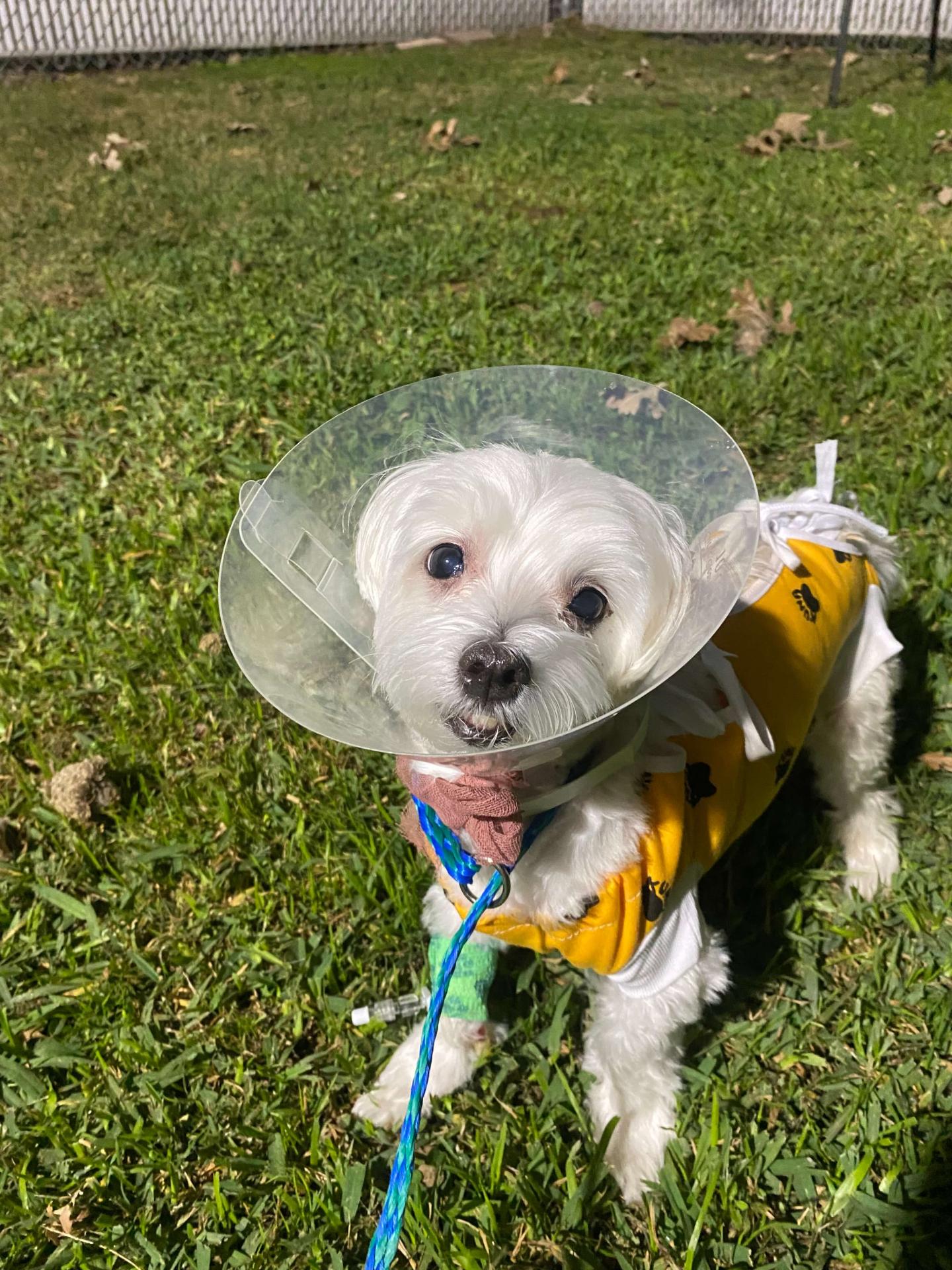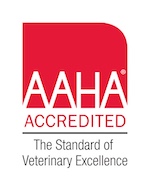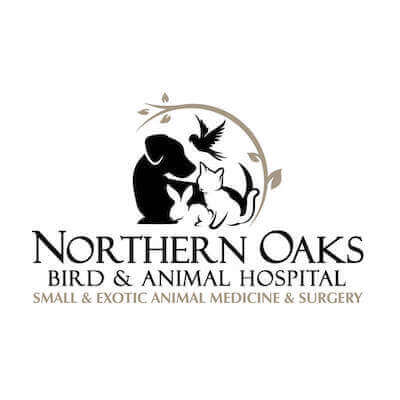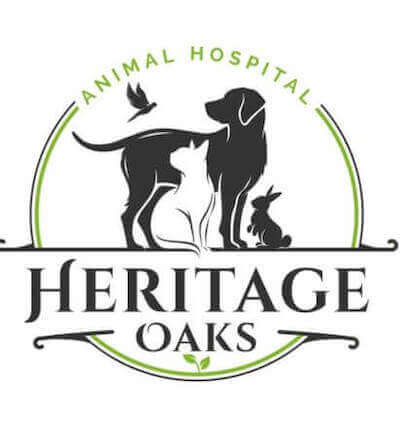Dog Surgery
At our hospitals, our primary concern is the health and well being of your dog. There may arise a circumstance when a surgical procedure is in the best interest of your dog, and in these times, you will need to make that decision. We understand that it can be frightening and we know what that feels like, and our veterinarians and staff are here for you too.
As an AAHA Accredited Practice We Follow The Highest Standards Of Veterinary Care
At our hospitals, we are committed to the highest standards of excellence in veterinary medicine. This commitment to excellent care is why we are an American Animal Hospital Association Accredited veterinary clinic. This accreditation is awarded to only the top 12% of veterinary hospitals in the nation. Surgical protocols at AAHA-accredited clinics include:
- Pre-surgical assessments. Prior to surgery, the veterinary team verifies the specifics of the procedure; completes a physical examination of the dog; and ensures blood tests have been completed. These precautions help determine if your pet is at risk for complications while under general anesthesia.
- Dedicated surgical suites. To prevent post-surgical infections and cross-contamination, surgeries are performed in a room used only for sterile surgical procedures.
- Surgical attire. Staff must wear disposable caps and masks when entering the surgical suite. Anyone involved in the procedure itself must also wear sterile gowns and single-use gloves.
- Sterile packs and equipment. Surgical instruments are carefully cleaned, sterilized, and wrapped prior to each procedure to help prevent infections.
Dog surgical procedures fall into two categories where your dog is concerned, elective procedures and those that are urgently necessary. Our most common planned dog surgical procedure is sterilization. Over the past several decades, our veterinary team has successfully performed spay and neuter procedures on countless male and female dogs of all breeds and ages. While we do not consider spay and neuter procedures to be "routine" and all general anesthesia procedures have a risk of complications, spay and neuter procedures are considered safe and are strongly recommended by all major veterinary organizations including the ASPCA and the Animal Humane Society.
The most common elective dog surgery procedures include:
- Spay

- Neuter
- Dental extractions
- Benign growths of the skin
Some common urgent care surgical procedures include:
- Skin lacerations or abscesses
- Intestinal obstruction from a foreign body
- Internal bleeding
- Torn cruciate or ACL ruptures
- Fracture repair
- Malignant skin tumors
- Bladder stones/urethral blockages
- Spleen cancer
Learn about an interesting surgical case in our blog!
Most Contemporary Dog Surgeries Are Considered To Be Fairly Low Risk
Elective surgery is performed when your dog is generally considered healthy, thus greatly reducing possible surgical risk. Surgery always carries some concerns ranging from potential complications to prognosis for recovery. However, even urgent dog surgeries carry significantly lower risks due to improvements in modern medicine and vast improvements in the standards of veterinary care. This includes an extensive list of pre-surgical procedures such as examination, premedication, intravenous fluids, pain control and monitoring of vital signs; as well as protocols during surgery including high-level monitoring equipment of vital signs such as body temperature, heart rate, blood pressure, CO2 levels and oxygen levels. Moreover, a knowledgeable anesthesiologist all serve to reduce the risks associated with dog surgeries.
Making The Decision To Proceed With Dog Surgery
The decision to proceed with surgery involves a discussion with the about possible complications and all factors to be considered when deciding what is best for your dog.
- The age and general health of the dog
- Potential complications from the surgery
- Potential outcome if surgery is not done
- Recovery time and post-op care required by the owner
- Physical Therapy/Rehabilitation
Although the decision to have your dog undergo surgery is ultimately up to you, our veterinary team will present you with all the facts and possible outcomes to help you make an informed, ethical and compassionate decision that is in the best interest of both you and your dog.
Dog Anesthesia
At our hospitals, we adhere to very stringent guidelines for administering dog anesthesia before, during surgery. These guidelines arise from the American Animal Hospital Association, a veterinary organization that only accredits approximately 12% of all veterinary practices nationwide. For example, the AAHA guidelines require that we first do blood work, and other tests to ensure there is not an overt risk of complications from receiving dog anesthesia. Dog anesthesia is extremely safe when the patients are stabilized before the procedure and every effort is made to have a good understanding of the dog's medical condition before surgery. There is always some risk with anesthesia, but, the risk is extremely low when being performed by a highly qualified veterinarian and surgical team.
Recovery from surgery depends upon the length of the surgery, the age of the dog, and the amount of pain medication required to keep your dog free from any post-operative pain.
Contact Us to Schedule Surgery For Your Dog
To discuss surgical options or schedule surgery for your dog, reach out to us. Our veterinary staff are happy to help ease the stress and fear associated with dog surgery for you and your dog alike.




